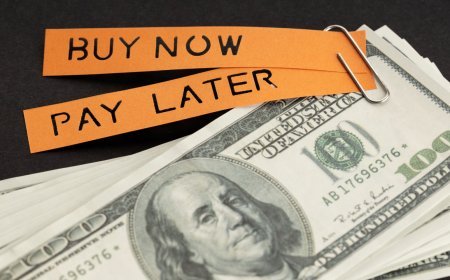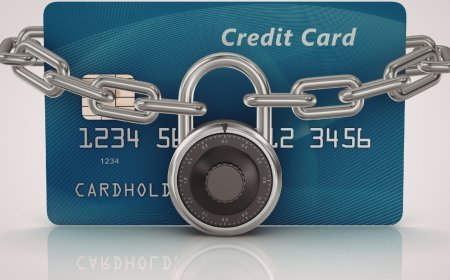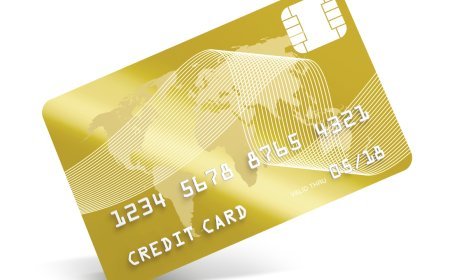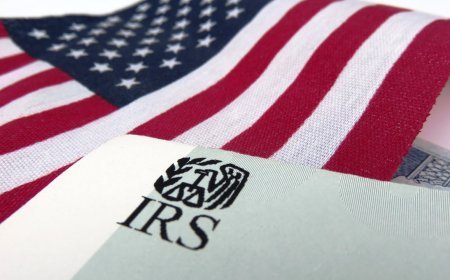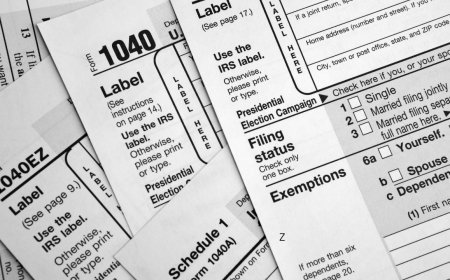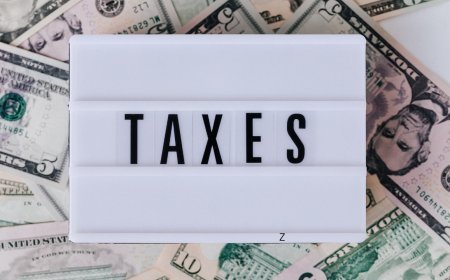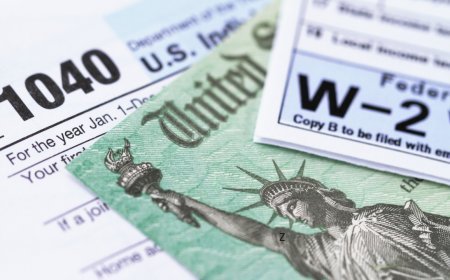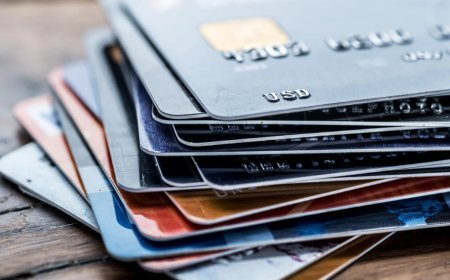The Debit Card Mistake That's Costing You $500+ Per Year
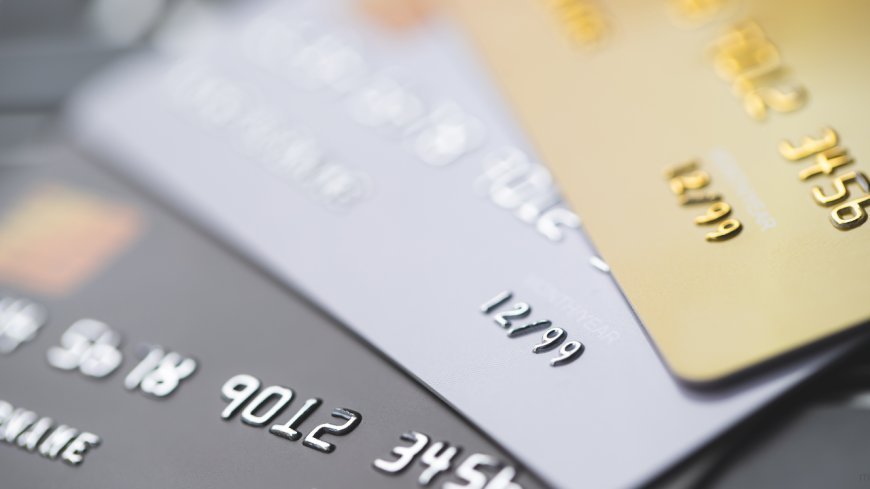
Using debit cards instead of credit cards for everyday purchases is one of the most expensive financial mistakes people make, costing the average person $500+ per year in lost rewards and protections.
The Rewards Math That Adds Up
Credit cards typically offer 1-5% cashback on purchases, while debit cards offer nothing. On $2,000 monthly spending, a 2% cashback credit card earns $480 annually, while a debit card earns $0.
Many people avoid credit cards due to fear of debt, but if you pay the full balance monthly, you get all the benefits with none of the interest charges.
The key is treating credit cards like debit cards: only spend money you already have and pay the full statement balance every month.
Protection Differences That Matter
Credit cards offer significantly better fraud protection than debit cards. With credit cards: fraudulent charges are the bank's money, not yours, you have 60 days to dispute charges, and you're only liable for $50 maximum in fraud losses.
With debit cards: fraudulent charges drain your actual bank account, you may not get money back for days or weeks, and you could be liable for up to $500 in losses if you don't report fraud within 2 days.
This protection difference alone makes credit cards worth using for any online purchases or unfamiliar merchants.
The Credit Score Building Opportunity
Using credit cards responsibly builds your credit score, while debit cards don't report to credit bureaus at all. A good credit score saves thousands on mortgages, auto loans, and other credit products.
Responsible credit card use shows: payment history (35% of your credit score), credit utilization (30% of your score), and length of credit history (15% of your score).
Even if you don't need credit now, building a strong credit history gives you options for major purchases later.
Purchase Protection Benefits
Many credit cards offer purchase protection benefits that debit cards don't: extended warranties on purchases, price protection if items go on sale after you buy them, purchase protection against damage or theft, and return protection if merchants won't accept returns.
These benefits can save hundreds of dollars on major purchases and provide peace of mind for online shopping.
The Cashback Category Strategy
Strategic credit card users maximize rewards by using different cards for different spending categories: 5% on rotating categories (gas, groceries, restaurants), 3% on specific categories (dining, travel, streaming), and 2% on everything else for non-category spending.
This strategy can easily generate $600-1000+ annually in rewards on typical household spending.
Travel and Emergency Benefits
Credit cards often include travel benefits that debit cards don't: rental car insurance, trip cancellation protection, emergency assistance services, and no foreign transaction fees.
These benefits can save hundreds on a single trip and provide valuable protection when traveling.
Common Debit Card Myths
Myth: 'I'll spend more with credit cards.' Reality: Studies show spending differences are minimal when you pay balances in full monthly.
Myth: 'Credit cards are too complicated.' Reality: Basic rewards cards are simple to use and manage with automatic payments.
Myth: 'I don't want to risk debt.' Reality: Paying full balances monthly eliminates interest charges while providing all the benefits.
The Safe Credit Card Strategy
If you're concerned about overspending with credit cards: start with one card with a low limit, set up automatic payments for the full balance, use the card only for planned purchases you budget for, and check balances weekly to stay aware of spending.
Many people find that credit cards actually help them track spending better because of detailed monthly statements and mobile app notifications.
When Debit Cards Still Make Sense
Debit cards are appropriate for: ATM cash withdrawals, situations where you can't trust yourself with credit, merchants that charge credit card fees, and emergency access to cash when credit cards aren't accepted.
But for the vast majority of purchases, credit cards offer better rewards, protection, and financial benefits.
Getting Started Strategy
Choose one simple rewards credit card (2% cashback on everything or bonus categories you use frequently), set up automatic full balance payments, use it for all regular purchases you're already making, and track your rewards earnings to see the real benefits.
After you're comfortable with one card and see the rewards adding up, you can consider additional cards to maximize specific categories.
The bottom line: using debit cards for everyday purchases is leaving hundreds of dollars on the table annually. Credit cards, used responsibly, are simply better financial tools for most transactions.
What's Your Reaction?
 Like
0
Like
0
 Dislike
0
Dislike
0
 Love
0
Love
0
 Funny
0
Funny
0
 Angry
0
Angry
0
 Sad
0
Sad
0
 Wow
0
Wow
0












